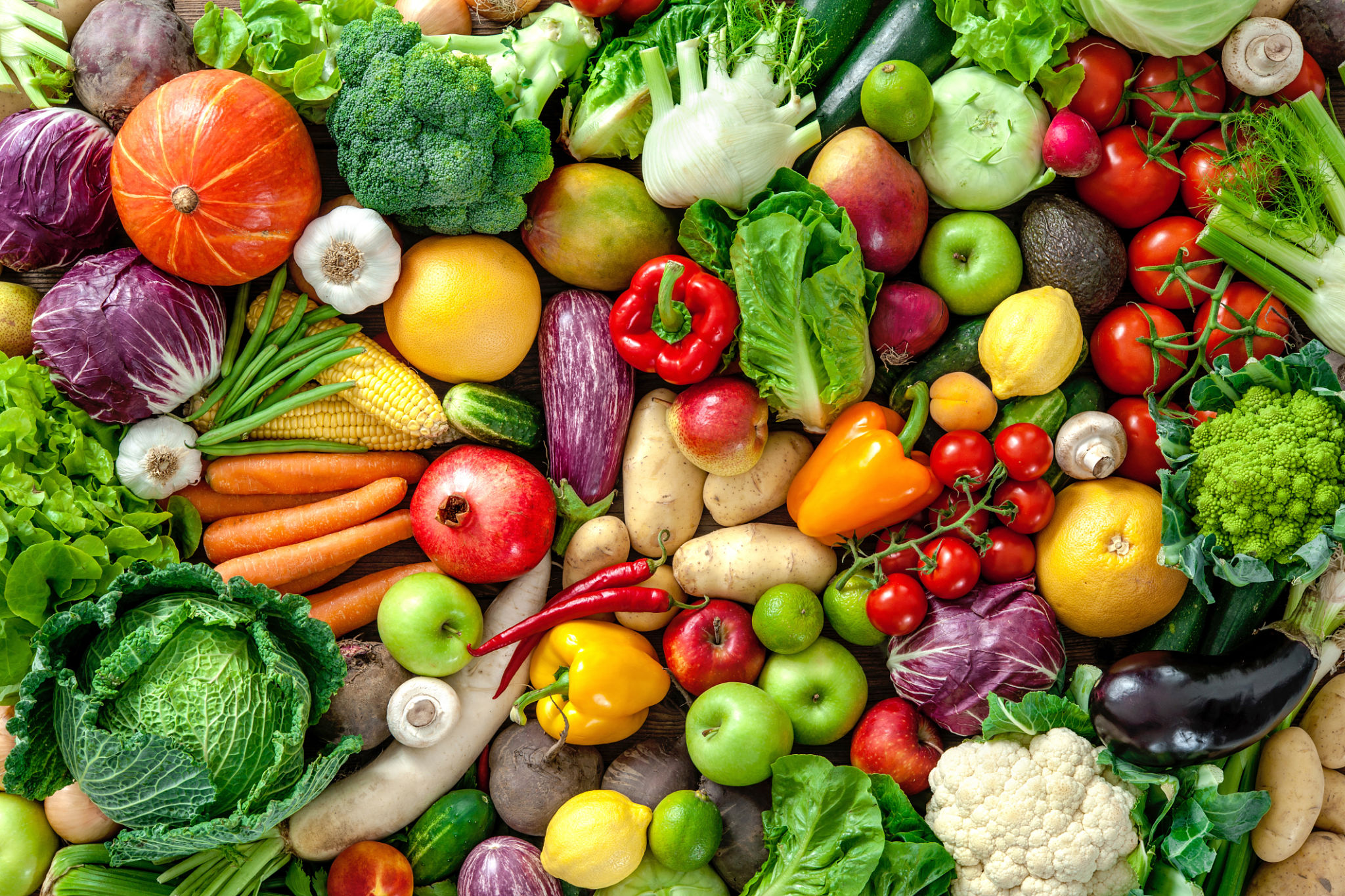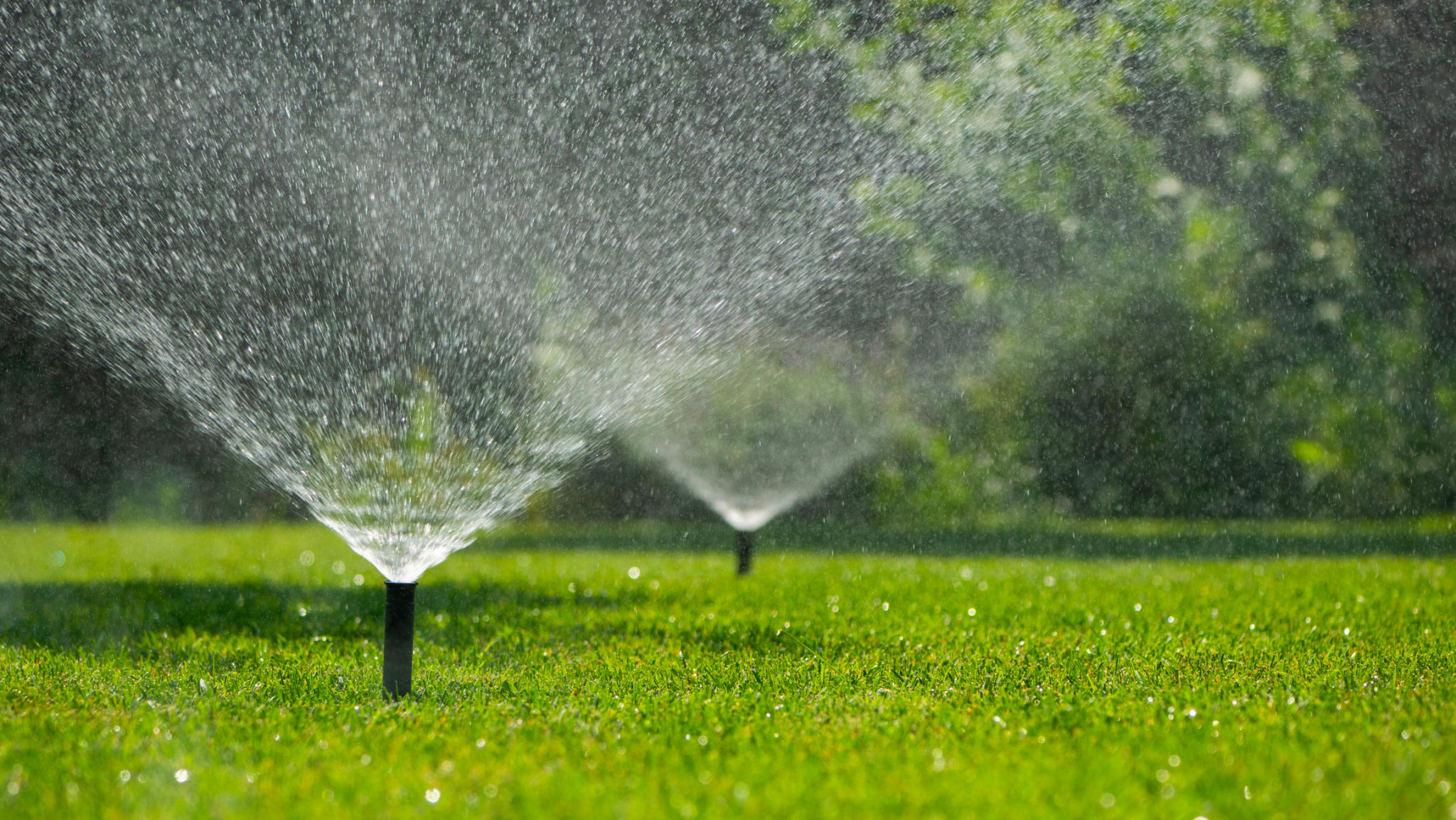How to Improve Crop Yield Efficiently: Strategies for Modern Farmers
Modern agriculture faces the dual challenge of increasing crop yields while maintaining sustainability. This requires innovative strategies and technologies that can boost productivity without depleting resources. In this blog post, we explore effective methods to enhance crop yield for farmers looking to optimize their operations.
Precision Farming Techniques
Precision farming is revolutionizing agriculture by allowing farmers to make data-driven decisions. This method uses technology such as GPS and sensors to monitor crop conditions in real-time. By collecting data on soil health, moisture levels, and plant growth, farmers can apply resources like water and fertilizers more efficiently.
Implementing precision farming tools can lead to significant increases in yield while reducing waste. Farmers can tailor their interventions to specific areas of a field, ensuring each plant receives the care it needs.

Utilizing Soil Health Management
Healthy soil is the foundation of productive agriculture. To improve soil health, farmers should focus on practices that enhance soil structure and fertility. This includes crop rotation, cover cropping, and reduced tillage, which help maintain organic matter and prevent erosion.
Soil testing is another critical component, allowing farmers to understand nutrient deficiencies and address them with targeted amendments. By prioritizing soil health, farmers can create a resilient environment that supports robust crop growth.
Innovative Crop Varieties
Advancements in plant breeding have led to the development of crop varieties that are more resistant to pests, diseases, and environmental stresses. These genetically improved crops can thrive in less-than-ideal conditions, offering higher yields and reducing the need for chemical interventions.

Implementing Integrated Pest Management (IPM)
Integrated Pest Management (IPM) is a sustainable approach that combines biological, cultural, physical, and chemical tools to manage pests effectively. By focusing on prevention and monitoring, IPM reduces reliance on chemical pesticides, which can harm beneficial insects and the environment.
Farmers practicing IPM can maintain higher crop yields by keeping pest populations below damaging levels while minimizing ecological impact.
Water Management Strategies
Efficient water use is crucial in agriculture, especially in areas prone to drought. Techniques such as drip irrigation and rainwater harvesting can significantly improve water efficiency, ensuring crops receive adequate hydration without overuse.

Additionally, scheduling irrigation based on plant needs rather than a fixed calendar can conserve water and prevent root diseases caused by overwatering. These strategies not only support higher yields but also contribute to long-term sustainability.
Embracing Technology and Innovation
The integration of technology in farming continues to open new avenues for yield improvement. From drones that survey fields to artificial intelligence systems that predict disease outbreaks, technology equips farmers with powerful tools for decision-making and resource management.
By staying informed about the latest technological advancements and adopting those that fit their operations, farmers can stay ahead of challenges and maximize their productivity.